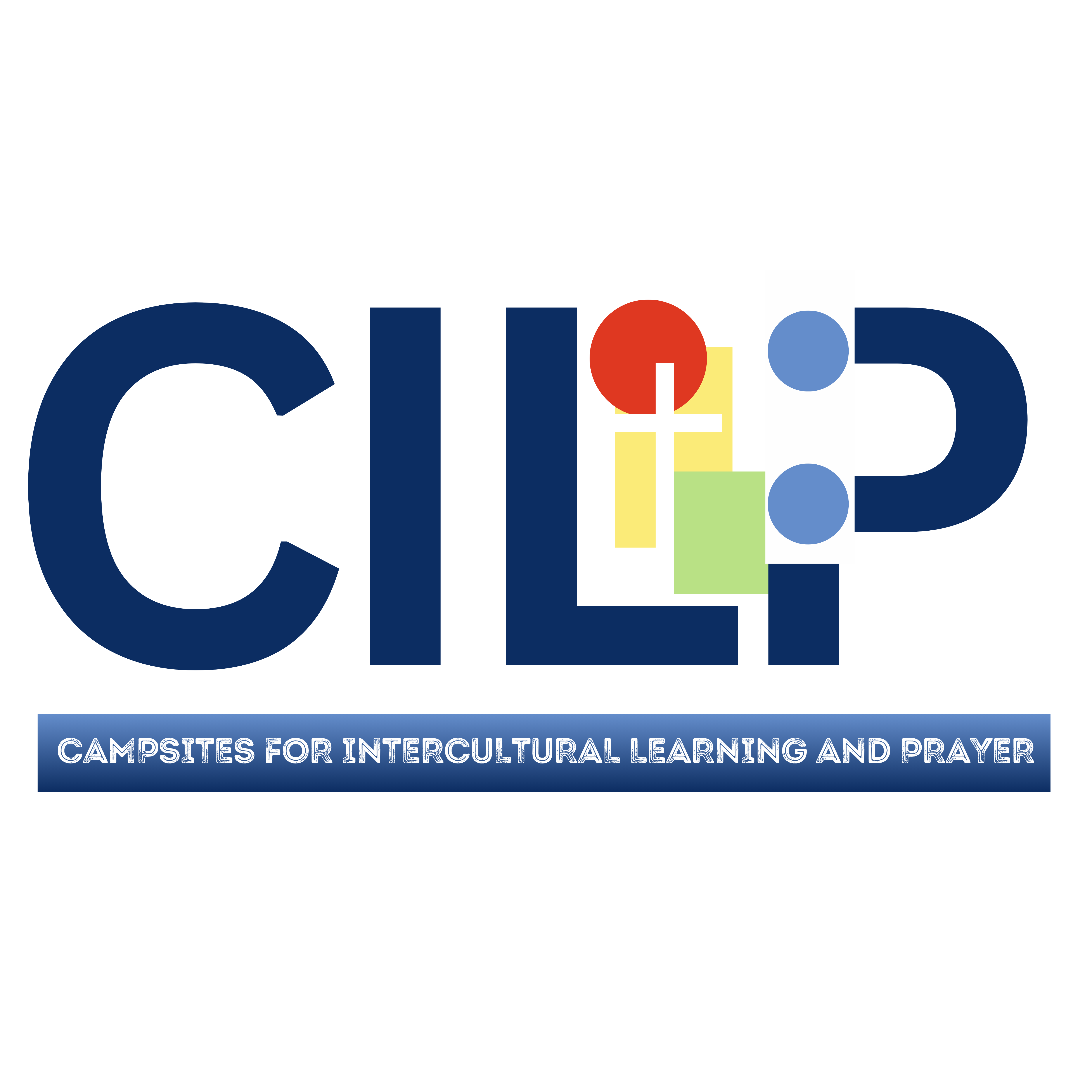Speaking in Tongues of Unity: How Multilingual Worship Strengthens Community
Introduction
Imagine a room filled with people from different cultures, each praising God in their own language. The melodies blend into a harmonious symphony, transcending borders and barriers. This is the beauty of multilingual worship. It is a practice that not only celebrates diversity but also strengthens our bond as believers.
Why Multilingual Worship Matters
At its core, worship is a universal expression of love and reverence for God. When we include multiple languages in our services, we affirm the value of every culture and individual in the community. It’s a tangible way of living out Galatians 3:28, which reminds us that we are all one in Christ, regardless of our differences.
Fostering Inclusivity Through Language
Language is more than words; it’s a bridge to understanding and connection. During our gatherings, hearing a hymn or prayer in another tongue can be a deeply moving experience. It shows that worship isn’t confined by language, and it allows everyone to feel seen and included.
For example, a Swahili hymn sung alongside English and Luganda creates a space where members of all backgrounds can participate. It’s a reminder that God’s love knows no linguistic limits.
The Spiritual Impact of Multilingual Worship
Multilingual worship isn’t just about inclusivity—it’s also a powerful spiritual practice. It challenges us to step out of our comfort zones, listen more intently, and embrace the unfamiliar. In doing so, we grow not only as individuals but also as a community of believers.
One participant shared:
“When I heard a prayer in my native tongue during a service, I felt an overwhelming sense of belonging. It reminded me that God speaks to all of us, no matter where we come from.”
Overcoming Challenges in Diversity
Incorporating multiple languages in worship isn’t without its challenges. Mispronunciations, technical issues, or unfamiliarity with certain traditions can sometimes cause tension. But these moments also become opportunities for grace and learning.
As a community, we work together to overcome these hurdles, demonstrating patience and understanding. These efforts reflect our commitment to living out the values of love and unity.
How to Get Involved
Are you curious about multilingual worship or want to contribute? Here are a few ways to participate:
- Teach Your Language: Share your favorite hymns or prayers in your native tongue with the community.
- Learn New Songs: Embrace the chance to sing in a new language.
- Join a Service: Attend one of our multilingual gatherings and experience the beauty of diverse worship firsthand.
Conclusion
Multilingual worship is more than just a service but also it’s a celebration of God’s creativity and the richness of His people. When we worship together in different tongues, we embody the unity and love that Christ calls us to. Let’s continue to make our voices heard, in every language, as we glorify Him together.


